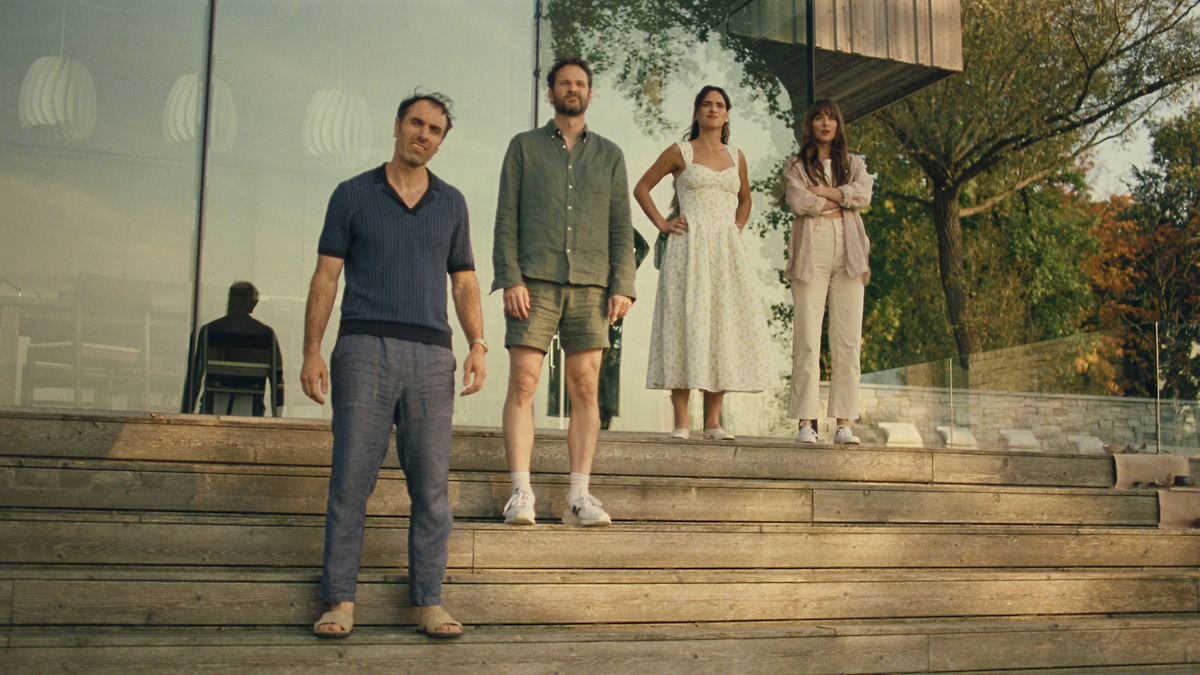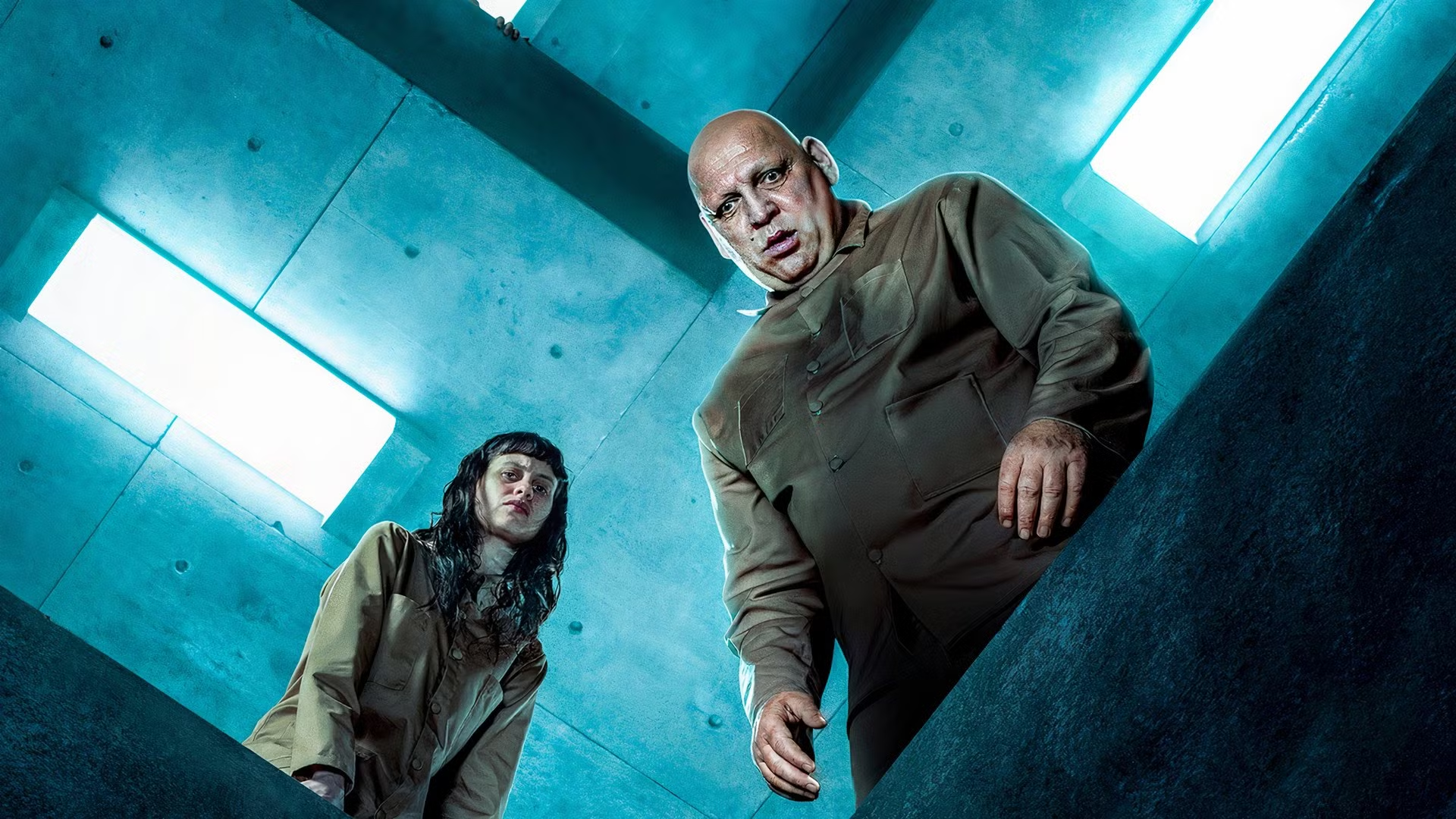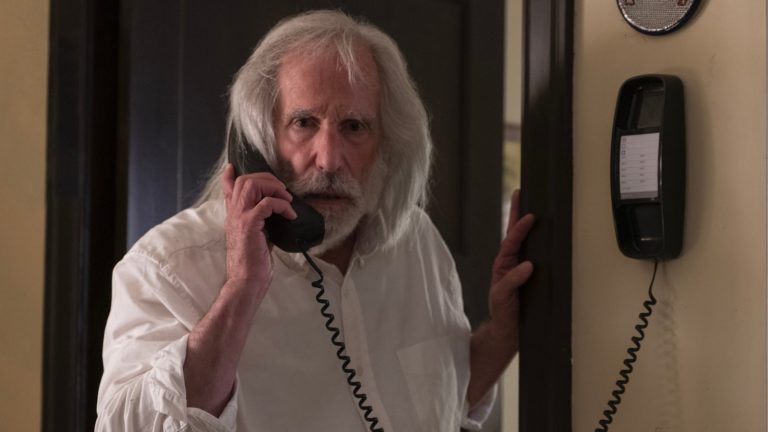It’s glossy, slightly smug, and packed with styled emotions, echoing the trend of self-consciousness we’ve been cultivating—but “Splitsville” (2025) works, mostly because it doesn’t ask you to believe in the couple, but rather laugh with the confusion.
Michael Angelo Covino seems to be working toward a doctorate in infidelity and distraught breakups (within romance, at least), letting friendship run alongside and strain under the weight of love’s detritus. Friendships are messy, unfiltered, and strangely durable. Somehow, friendship survives the wreckage romance leaves behind.
Following his soft-edged 2019 comedy “The Climb,” Covino returns with “Splitsville,” this time more polished in framing and photography, and with an upgraded cast (perhaps in step with the pressures of commercial success). But the essence is still there: earnest absurdity wrapped in deftly delivered dialogue and emotional slapstick. “Splitsville” sets out to poke at an ever-expanding question: Can open relationships, as in polyamorous, polygamous, or otherwise, actually satisfy personal desires while sustaining a growing bond between a couple?
Carey (played by Kyle Marvin) is blindsided when his wife of sixteen months, Ashley (Adria Arjona), announces she wants a divorce. Before she can even leave him, he beats her to it, running off, mid-country road, abandoning her and their car in a haze of panic. He ends up reaching their original destination on running feet and swimming hands, the vacation home (or “luxurious villa full of overpriced objects,” as Covino pointedly frames it) of his longtime friend Paul (played by Covino himself) and Paul’s effortlessly witty, mesmerizing wife Julie (Dakota Johnson).
The couple seems to have figured things out and is having fun with them. They’re rich, attractive, and comfortably ensconced in domestic success—until they reveal their secret: from the original quartet of intellectual, emotional, spiritual, and physical connection, they’ve opted to “open” the physical.
That reveal cracks open the plot. What begins as a romcom shifts into a smarter, sharper spiral: a sophisticated comedy of manners—and missteps—that doesn’t discard comedic violence in true gallows fashion, but it dives into disaster physically. Objects of high value get smashed in the flip of a second, and the luxury around collapses as the sharp edges of crude emotions and raw anger step in.
From there, the four main characters shuffle and swap roles in a carousel of romantic confusion. They try on new desires like clothes that don’t quite fit, circling back to their original pairings, sometimes exhausted, sometimes unbothered toward any possible internal change.

In this sense, much of the narrative time is spent with Carey and Ashley, as they unspool and recompose their bond into something untraditional but oddly considerate. The film stretches the concept of companionship to encompass Ashley’s long list of dates, who accumulate in the apartment like forgotten party guests. There’s something offbeat and endearing in how they pile up, leaving behind a kind of emotional residue, like wild-night dirt on your shoes that you can’t bring yourself to dust off.
Despite what the title might imply, this quartet doesn’t split; instead, they keep orbiting one another, sometimes drawing in others, as if inching toward a new form of partnership that accepts multiplicity over certainty. The film tentatively proposes that our sociability might overpower our old ideas of private space.
What’s most effective here is that the script refuses to deepen its characters too much. That restraint becomes a strength. In a time when emotional intelligence and psychoanalysis are mainstream, when people can label every feeling but struggle to act on any of them, Covino suggests that even honesty, especially the overt, academic kind, cannot clean up the emotional chaos between romantic partners.
Covino clearly knows this terrain. His insights land best through Marvin, his perennial counterpart since “The Climb.” Marvin slips into Carey like a second skin: clumsy, verbose, borderline inappropriate, but with a softness that neutralizes the sting. Dakota Johnson, meanwhile, is perfectly cast as the elusive stone in everyone’s shoe. Stylized, yes, but in a stylized film, she blends in. Adria Arjona, on the other hand, remains a sensual caricature, embellished with the attitude of her designated profession: a life coach, not at all irrelevant to the essence of the topic.
Not exactly inventive, but surely handy for the wink. For someone like me, generally averse to the romcom genre, “Splitsville” managed to keep me in my seat. And yes, it even made me laugh.





